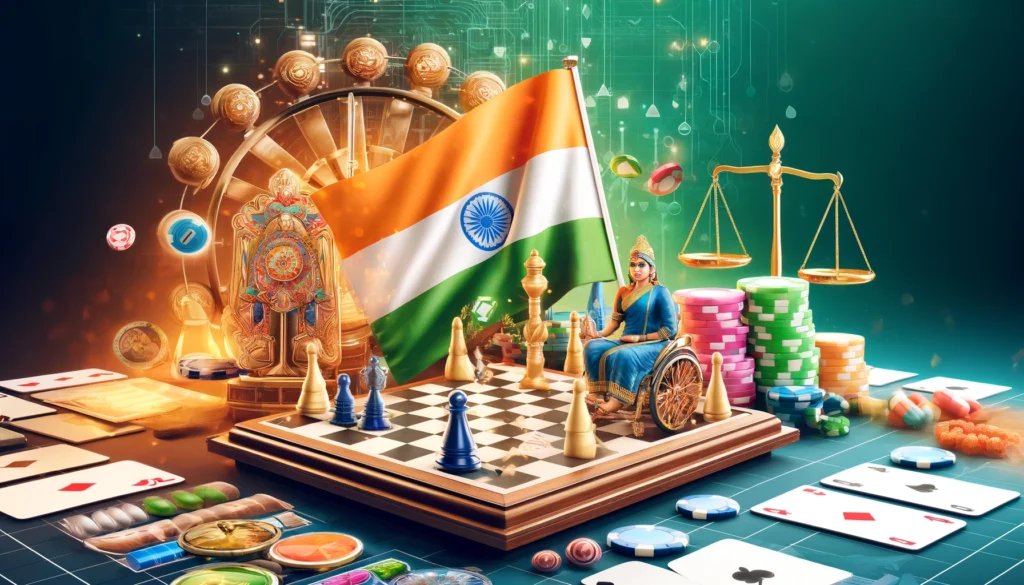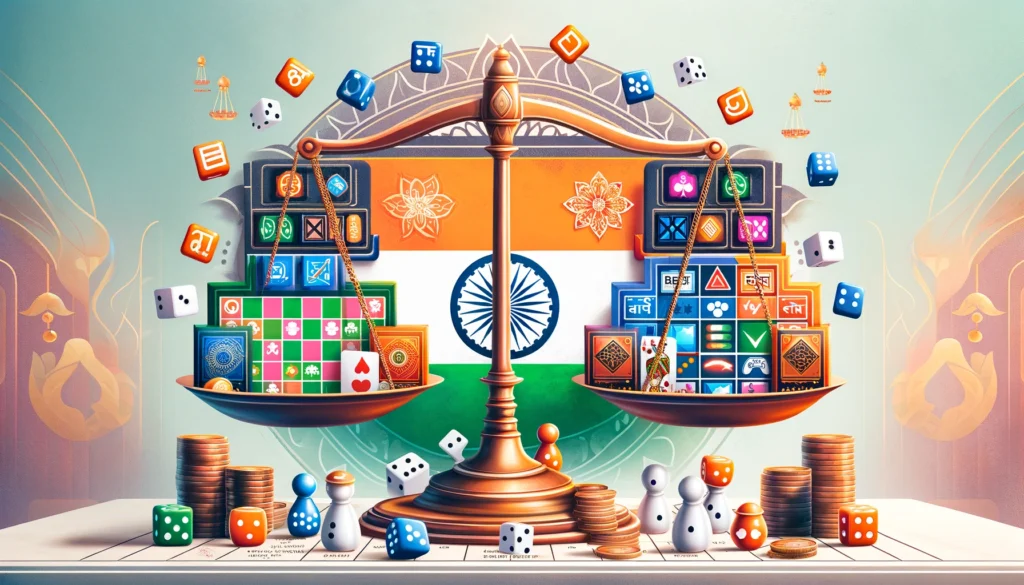In India’s vibrant and diverse landscape, Bharat games have emerged as a popular pastime. These games encompass traditional Indian games, modern digital platforms, and various gambling formats. The debate on whether gambling should be legalized in India is a hot topic, with strong arguments on both sides. This blog delves into what Bharat games are and explores the contentious issue of legalizing gambling in India.
BHARAT GAMES refer to a wide range of games people across India enjoy. They can be broadly classified into three categories:
Traditional Indian Games
These include games like Ludo, Chess, Snakes and Ladders, and Gilli Danda. These games have been part of Indian culture for centuries and are still enjoyed by people of all ages.
Modern Digital Platforms
With the advent of technology, many traditional games have found their way into the digital world. Mobile apps and online platforms now offer digital versions of these classic games, making them accessible to a wider audience.
Gambling and Betting
This includes various forms of gambling, such as card games (like Teen Patti and Rummy), sports betting, and online casinos. These games often involve real money and have a significant following in India.
The Appeal of Bharat Games

The popularity of Bharat games can be attributed to several factors:
- Cultural Connection: Traditional games have deep cultural roots and evoke a sense of nostalgia.
- Entertainment: These games provide a fun and engaging way to pass the time.
- Community and Social Interaction: Many Bharat games ( BHT CLUB ) are played in groups, fostering social interaction and community bonding.
- Skill and Strategy: Games like Chess and Rummy require strategic thinking and skill, which adds to their appeal.
The question of legalizing gambling in India is complex and multifaceted. Here are some key arguments for and against legalization:
Arguments for Legalization
- Regulation and Control: Legalizing gambling can lead to better regulation and control, reducing illegal activities and fraud.
- Revenue Generation: Legal gambling can be a significant source of revenue for the government through taxes and licensing fees.
- Job Creation: The gambling industry can create numerous jobs, from dealers and croupiers to IT professionals and customer support staff.
- Tourism Boost: Legalized gambling can attract tourists, boosting the hospitality and tourism sectors.
- Player Protection: With proper regulations, players can be better protected against scams and unfair practices.
Arguments Against Legalization
- Addiction and Social Issues: Gambling addiction can lead to financial ruin, mental health issues, and social problems.
- Moral and Ethical Concerns: Many people view gambling as morally and ethically wrong, conflicting with cultural and religious values.
- Crime and Corruption: Legalized gambling can potentially increase crime and corruption, including money laundering and match-fixing.
- Family Impact: Problem gambling can have devastating effects on families, leading to broken relationships and neglect of responsibilities.
Conclusion

The debate on legalizing gambling in India is ongoing and complex. While there are significant benefits to legalization, there are also serious concerns that need to be addressed. As Bharat games continue to evolve and grow in popularity, finding a balanced approach that maximizes benefits while minimizing risks is crucial. Legalizing gambling with strict regulations and robust player protection measures might be a way to strike this balance, ensuring that Bharat games remain a source of enjoyment and economic benefit for all.
This blog provides a comprehensive overview of Bharat games, their appeal, and the contentious issue of gambling legalization in India. By examining both sides of the argument, readers can gain a deeper understanding of the complexities involved in this debate.
